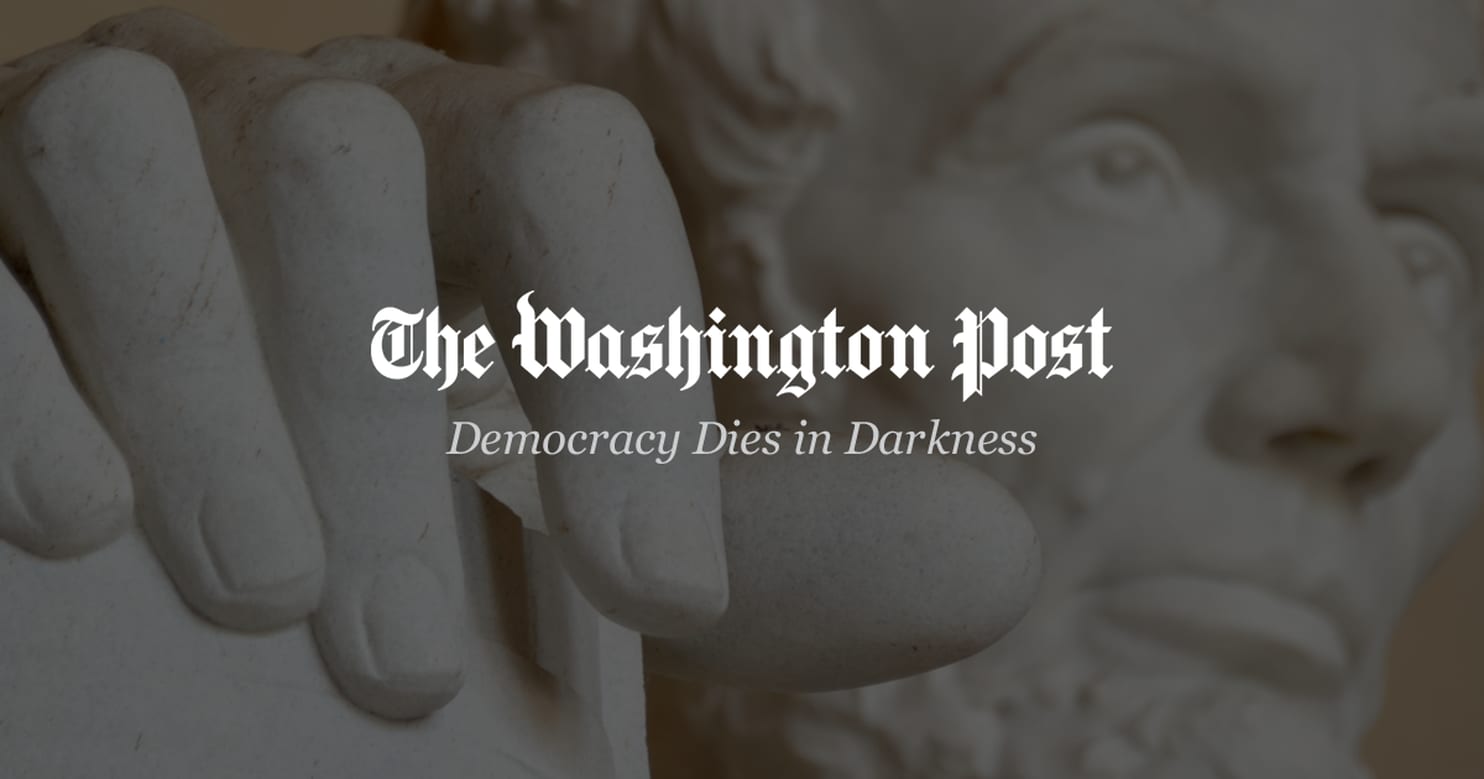
Bail has become the center of a heated political debate across the US. A 2022 report by the US Commission on Civil Rights found that 60% of defendants wind up in jail awaiting trial because they can’t afford to post bail. A particular target of reform efforts is so-called cash bail.
1. What is bail?
After being arrested and processed, a person must appear in front of a judge at a hearing. If the charges are not dropped, the judge must decide what restrictions to place on the person as they await trial, which could be months away. The judge can order the person wait in jail, release the person on their promise to return or set bail conditions for release. Nearly two-thirds of the US jail population, or half a million people, are there awaiting trial, according to Bureau of Justice Statistics data.
2. What is cash bail?
Cash bail is the most common provision judges set. That’s when a court asks for a specific sum of money paid up front; the defendant gets it back only by showing up for court. The amount is typically set at the judge’s discretion and can vary depending on the severity of the accusations and the judge’s estimate of the defendant’s likelihood of flight. Other defendants are allowed to post bonds, meaning they are released without paying anything up front but sign a contract requiring payment if they fail to appear.
3. What’s the case against cash bail?
The civil rights commission said it conflicts with the presumption of innocence, which it called “the bedrock of our criminal justice system.” Critics say it acts as a penalty for poverty and that low-income people of color are disproportionately impacted.
• Black defendants in state court are nearly 10 percentage points more likely to be held than their similar White counterparts, academic research shows.
• A study in Harris County, Texas, conducted prior to recent changes to bail practices there, found that people jailed while awaiting trial were 25% more likely to plead guilty than similarly situated individuals who were released.
• People who are held even for a few days before posting bail face consequences like losing their job or custody of their children, bail reform advocates say.
• It’s expensive for governments to hold people in jail before trial — in New York City it costs $1,525 a day to incarcerate a single person, according to the city comptroller’s office. Nationwide, jailing such individuals costs $14 billion annually, according to an estimate from the National Partnership for Pretrial Justice, an advocacy group.
4. What changes are being made to bail?
City and state lawmakers and prosecutors, who generally have discretion over whether to seek bail or not, have implemented changes at the local level. Some efforts have narrowed the list of crimes for which cash bail can be imposed, while others have given judges new options or requirements for setting bail. Here are some examples:
• New York State: In 2019, the state eliminated cash bail and mandated release for most misdemeanors and nonviolent felonies, such as shoplifting, which make up roughly 90% of arrests. Violent felonies, sex offenses and terrorism charges were still subject to possible cash bail. An April 2022 budget agreement gave judges more discretion in deciding bail in cases when an individual is charged with causing serious harm, among other factors. Another amendment to the state’s law, pushed in 2023 by Governor Kathy Hochul, allowed judges to combine cash bail and non-monetary conditions of release, eliminating language that required judges to set the “least restrictive” conditions to ensure return to court.
• Illinois: In 2021, the state passed a law eliminating cash bail for all arrests and giving judges discretion on whether to require bail at all whether to detain people for certain crimes. The law takes effect on September 18.
• Houston: A 2019 federal decree forced the county to stop relying on cash bail for low-level misdemeanors.
• San Francisco: In 2020, then-District Attorney Chesa Boudin told prosecutors to stop asking for cash bail for people who weren’t viewed as public safety risks.
• Los Angeles County: In July, the county court system said it would significantly scale back its use of cash bail for low-level offenses and nonviolent felonies. The changes came after civil rights groups challenged the county’s bail system, which required payments for misdemeanors between $250 and $1,000 and up to $50,000 for felonies, arguing it was unconstitutional because it disadvantaged low-income people.
• Philadelphia: City District Attorney Larry Krasner said his office would not seek cash bail for many non-violent offenses in 2018.
5. What are alternatives to cash bail?
Individuals awaiting trial can be released on their own recognizance, which serves as a promise that they’ll return to court. There are also varying levels of supervision that jurisdictions undertake. New York City’s supervised release program is one of the most expansive. It connects the accused with social services and requires they check in with caseworkers. Other jurisdictions, like Chicago’s Cook County, rely on programs like electronic monitoring. Regardless, most people who are released return to court. Washington DC, which mostly did away with cash bail in the 1990s, releases an average of 90% of people without monetary conditions – and roughly 90% of them return to court.
6. How do bail-reform advocates see this working?
Advocates say bail reform has allowed defendants to keep their jobs, housing and custody of their kids. They say keeping people out of crowded jails also reduces Covid risks. “What we see is wildly successful policy,” said Elissa Johnson, director of criminal justice reform advocacy and campaigns at Fwd.us, an immigration and criminal justice advocacy group.
7. What’s the backlash?
Critics say releasing people without cash bail leads to higher crime levels — an issue that has grown in importance as violent crime rose in major US cities during the pandemic. That’s the backdrop to why New York leaders have repeatedly rolled back reforms to the state’s cash bail system. Hochul, a Democrat, pressed for two rounds of changes to the state’s bail laws after coming under steady attack on the subject from her Republican challenger in the 2022 election. Law enforcement officials and prosecutors across Illinois sued to block the state’s bail law implementation and delayed its implementation by nearly a year. That came after the governor’s race was colored by misinformation about the law. Philadelphia’s Krasner and San Francisco’s Boudin faced recall efforts. Boudin was ousted from office in June 2022. Krasner won reelection in 2021 and survived a 2022 Republican-led recall effort.
8. What does the research show?
The vast majority of people who are released pretrial return to court and don’t commit new offenses. Washington DC has a long track record of releasing individuals who come back to court and don’t commit new offenses while in the community. New Jersey drastically reduced its jail population after reforms and saw no meaningful difference in crime. In a given month, fewer than 10% of people on supervised release in New York City are rearrested while awaiting trial and fewer than 2% are arrested for violent felonies. Data out of Harris County show fewer people are being held in jail before their trials, but that the rate of re-arrests has remained relatively stable. However, there is room for improvement. New York City is currently looking at ways to better serve a population of about 2,500 people in the city who are repeated recidivists. This smaller group of individuals show up to court at lower rates and get rearrested at higher rates than other defendants.
More stories like this are available on bloomberg.com
©2023 Bloomberg L.P.
This post was originally published on this site be sure to check out more of their content.







